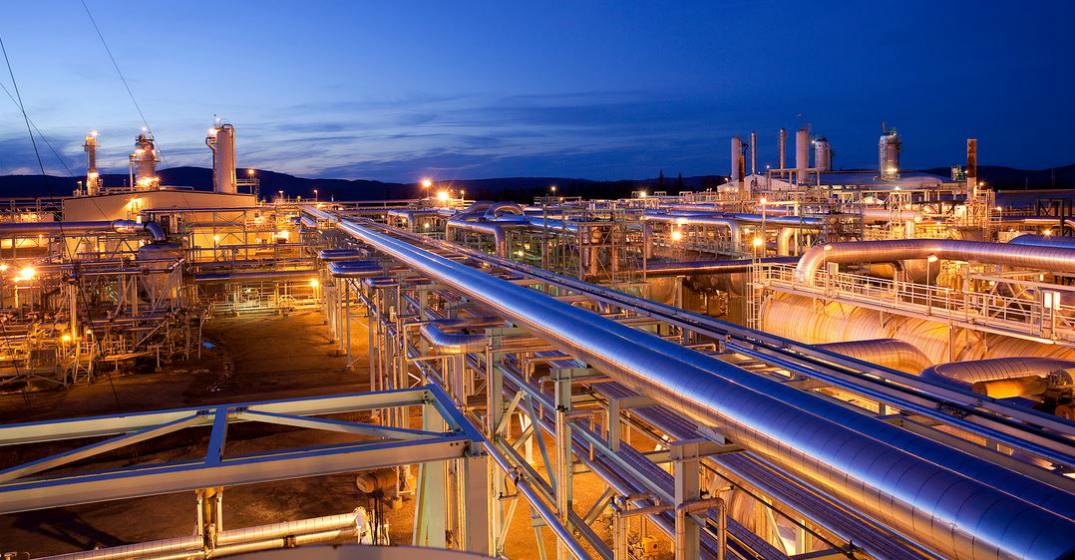Course Details
Your Growth, Our Mission

Course Description
The Training Course Will Highlight ?
This course covers the area of interest of industrial companies using natural gas through a pipe line and metering system. It, also, covers general information on gas properties and processing operations.
Training Objective
This course covers the area of interest of industrial companies using natural gas through a pipe line and metering system. It, also, covers general information on gas properties and processing operations.
Target Audience
Gas measurement engineers, operators, technicians, analysts, senior and junior engineers and chemists, senior technicians, production engineers, petroleum engineers, and personnel who witness or audit natural gas measurement Professionals who have been allocated crisis management tasks yet have had insufficient time to devote to the subject
Training Methods
This interactive Training will be highly interactive, with opportunities to advance your opinions and ideas and will include;
- Lectures
- Workshop & Work Presentation
- Case Studies and Practical Exercise
- Videos and General Discussions
Daily Agenda
Natural Gas Fundamental
- Introduction
- Natural Gas History
- Natural Gas Origin and Composition
- Gas Sources
- Non-associated Gas
- Associated Gas
- Natural Gas Phase Behavior
- Natural Gas Properties
- Chemical and Physical Properties
- Gas-Specific Gravity
- Ideal and Real Gas Laws
- Gas Formation Volume Factor
- Gas Density
- Isothermal Compressibility of Gases
- Gas Viscosity
- Quality, Transportation
- Pipelines
- Liquefied Natural Gas
- Compressed Natural Gas
- General information on Gas treatment and processing.
Raw Gas Transmission
- Introduction, Multiphase Flow Terminology
- Superficial Velocity
- Multiphase Flow Mixture Velocity
- Holdup
- Phase Velocity
- Slip, Multiphase Flow Density
- Multiphase Flow Regimes
- Two-Phase Flow Regimes
- Three-Phase Flow Regimes
- Calculating Multiphase Flow Pressure Gradients
- Steady-State Two-Phase Flow
- Steady-State Three-Phase Flow
- Transient Multiphase Flow
- Multiphase Flow in Gas/Condensate Pipelines
- Temperature Profile of Multiphase Pipelines
- Velocity Criteria for Sizing Multiphase Pipelines
- Erosion Criteria, Corrosion Criteria
- Multiphase Flow Assurance
- Gas Hydrates
- Corrosion
- Wax
- Severe Slugging
- Real-Time Flow Assurance Monitoring
- Multiphase Pipeline Operations
- Leak Detection
- Pigging
Sales Gas Transmission
- Introduction
- Gas Flow Fundamentals
- General Flow Equation
- Friction Factor Correlations
- Practical Flow Equations
- Predicting Gas Temperature Profile
- Transient Flow in Gas Transmission Pipelines
- Compressor Stations and Associated Pipeline Installations
- Compressor Drivers
- Compressors Configurations
- Reduction and Metering Stations
- Design Considerations of Sales Gas Pipelines
- Line Sizing Criteria
- Compressor Station Spacing
- Compression Power
- Pipeline Operations
- Metering Stations Operation
Accreditation
BTS attendance certificate will be issued to all attendees completing minimum of 80% of the total course duration.
Quick Enquiry
Request Info
Related Courses
Your Growth, Our Mission

